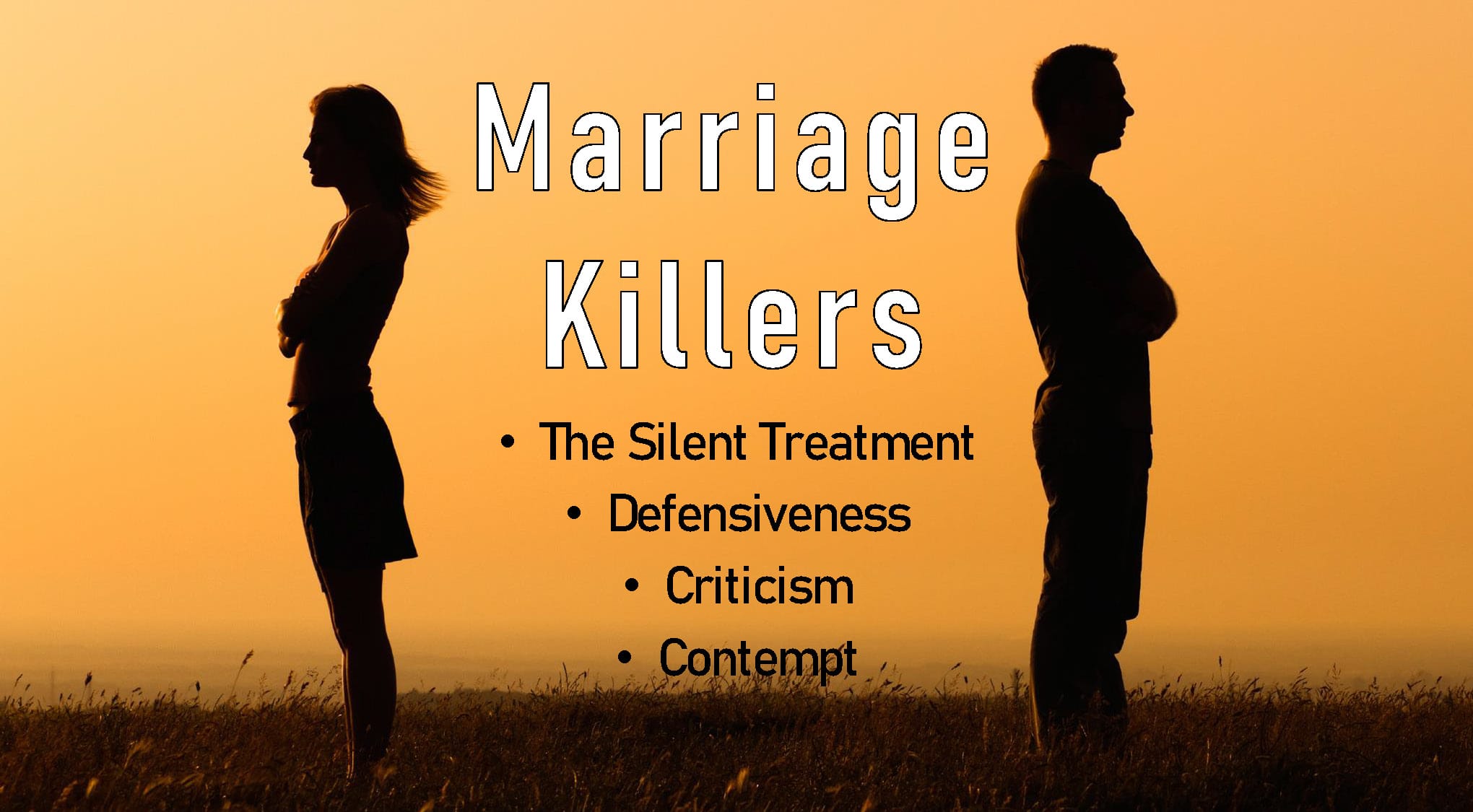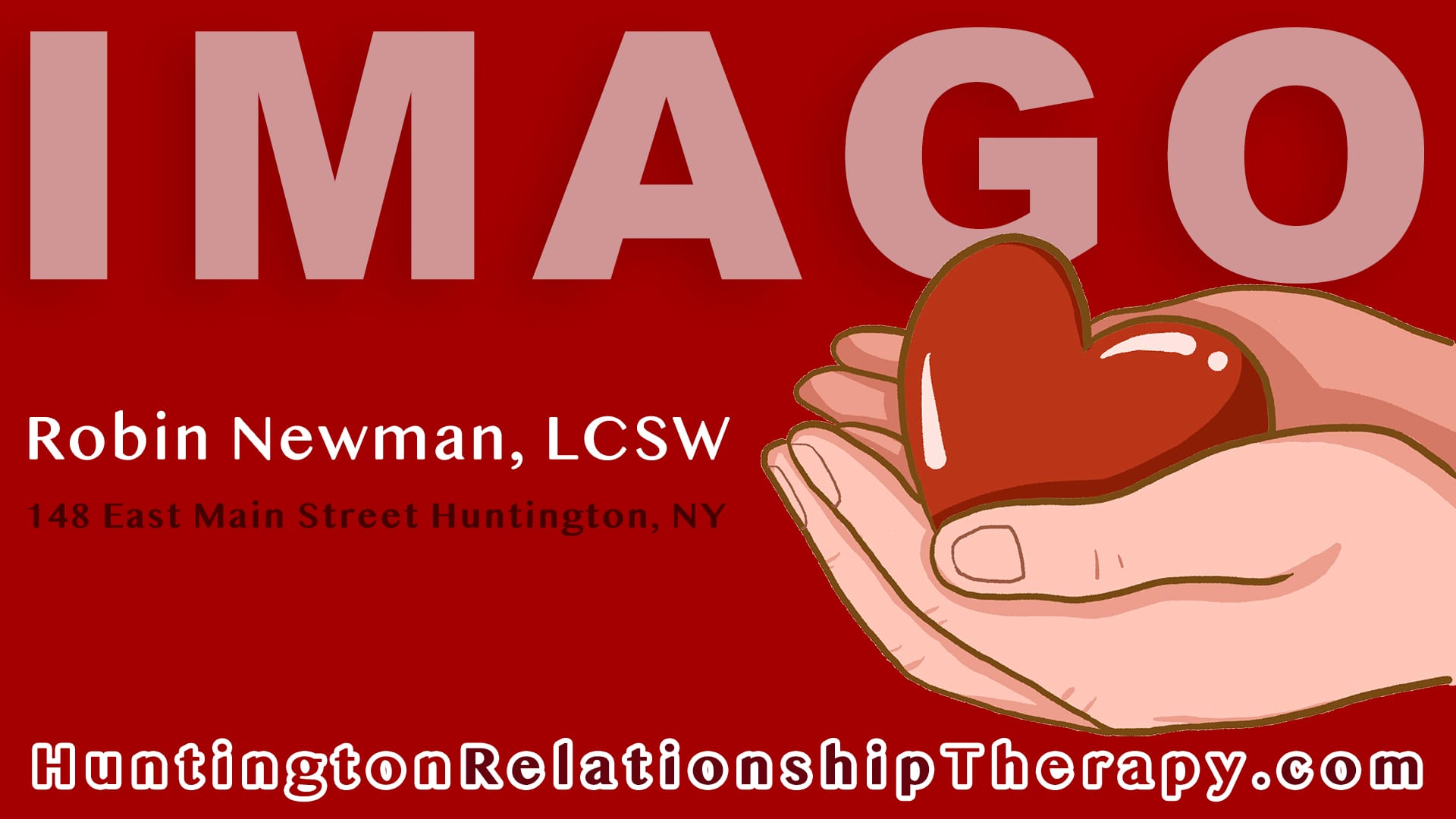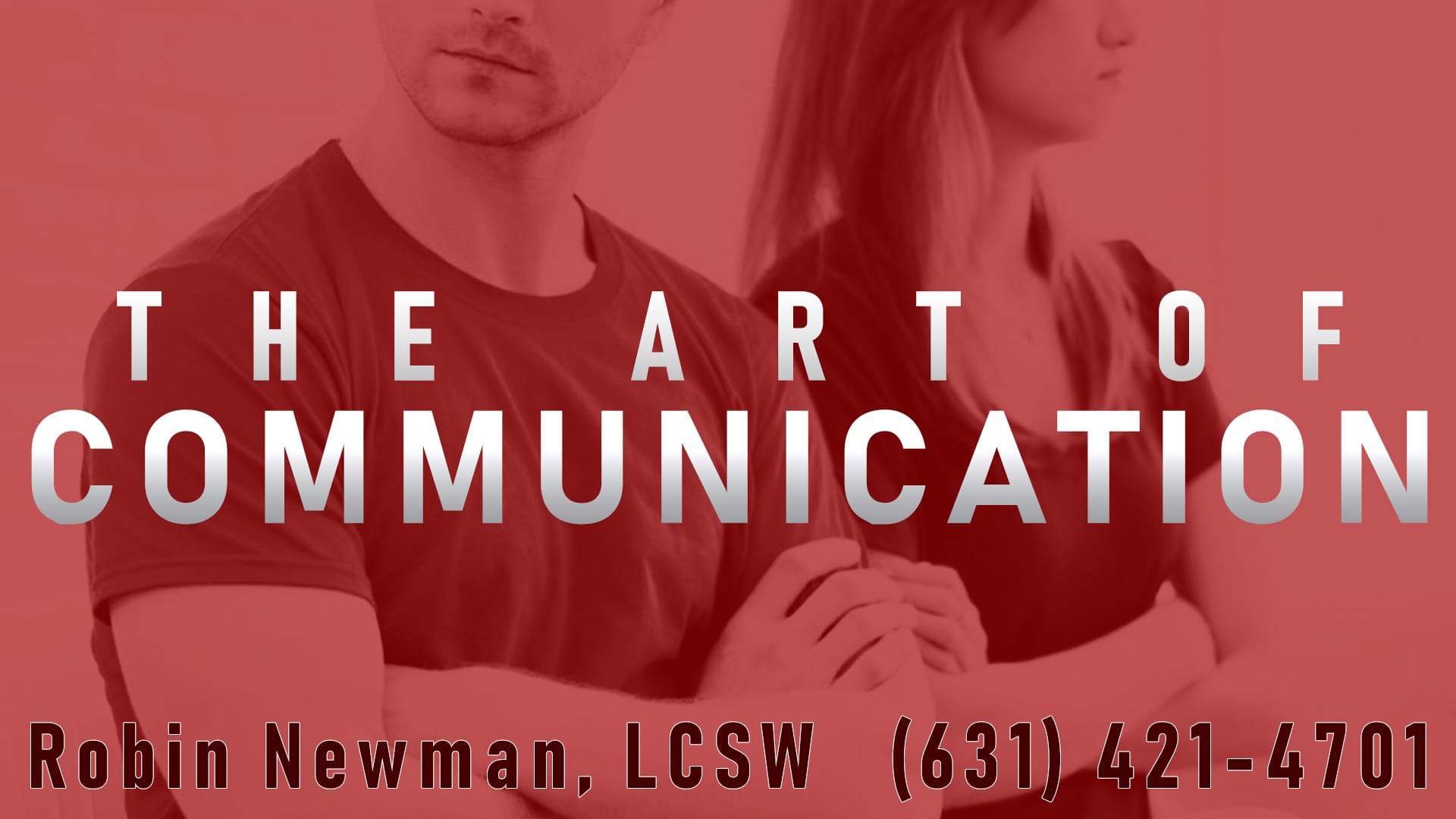Robin Newman, owner of the Huntington Relationship Center, and David Weber, owner of the Holistic Counseling Center of Long Island, talk about work and family dynamics in relationships / marriages. WATCH ON YOUTUBE How do couples split the balance of taking care of / spending time with children? How do husbands and wives support one another with their careers? How…
Let’s face it – we’ve all probably been in a situation where we are arguing with our partner and start to become unkind in the process. Anger flares, insults are hurled, and now the difficult situation we found ourselves in has gotten increasingly worse. There’s many factors that can get in the way of a good marriage, but often, they’re…
Conflicts in a marriage are inevitable and perfectly normal, but many couples struggle to resolve these conflicts alone. This inability to communicate effectively with one another can cause dissatisfaction in one or both parties. Seeing a marriage counselor is one of the best ways to help clarify and resolve the issues that arise between couples. It’s a common misconception that…
The big challenge for couples is to try to understand that… You’re not symbiotic. You came into this relationship as two individuals. Both of your opinions/perspectives can exist in the same space (and believe it or not, both are right). The Art of Communication Different opinions are not right or wrong – it’s just allowing your partner to exist in…
We believe we’re getting the fairytale when we get married. You know — meet “the one,” have a whirlwind courtship, get married and live happily ever after. What the fairytales don’t tell you is that relationships take work. Often times, we don’t go into a relationship with the tools to manage the challenges, which is where the pros come in.…




